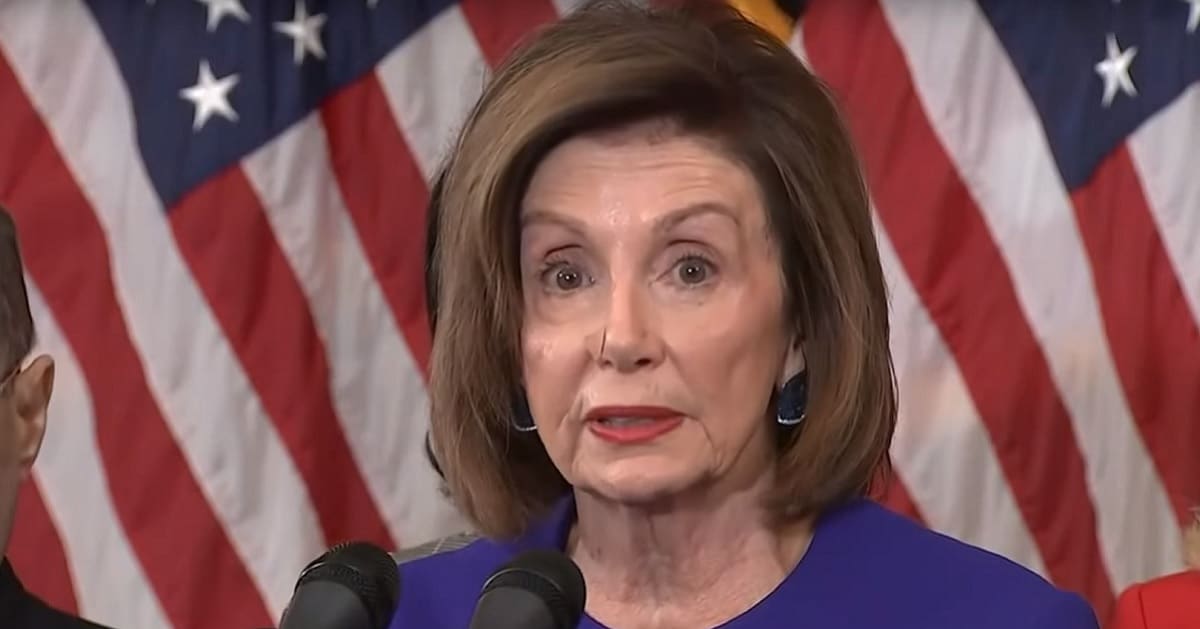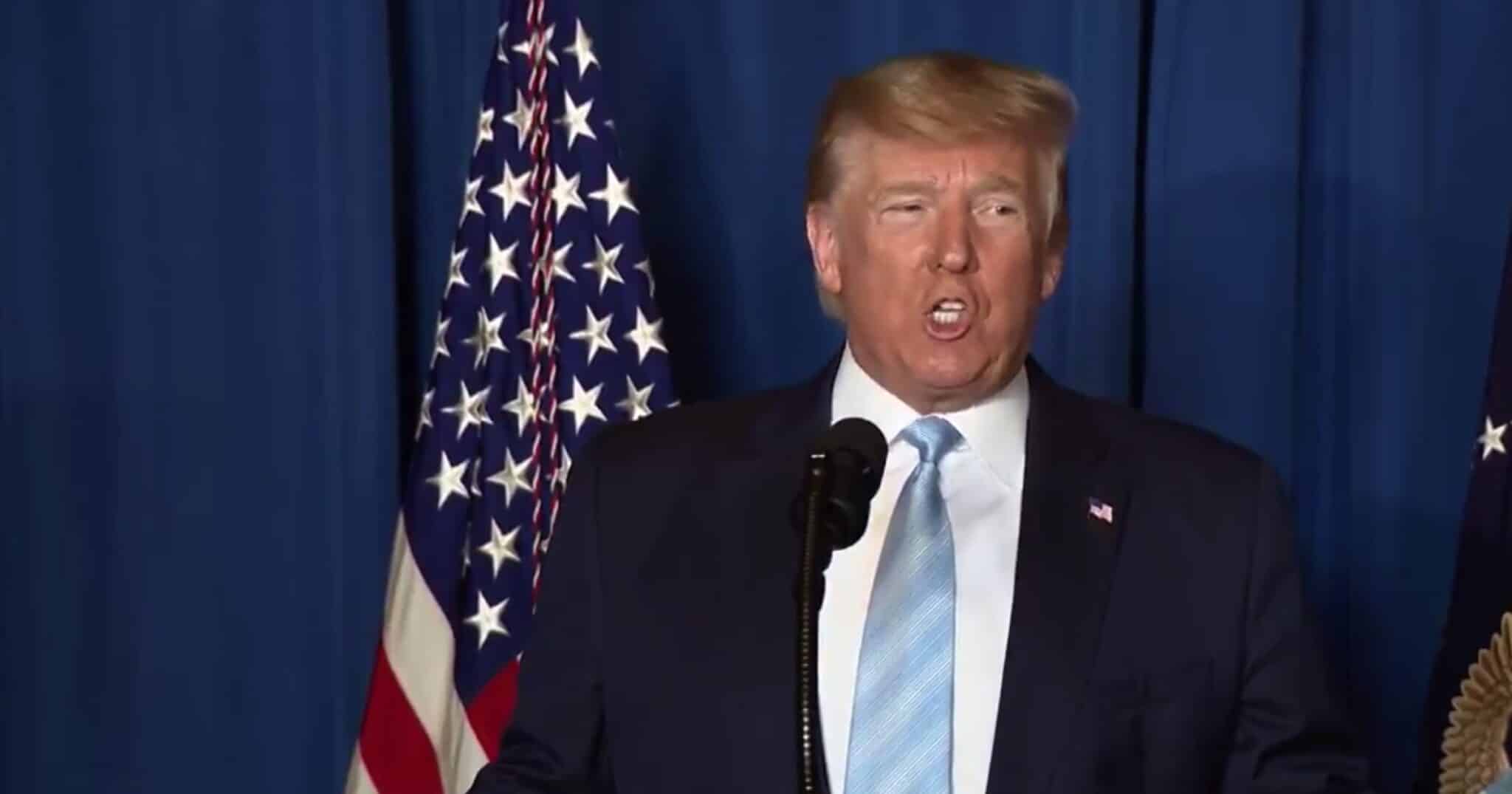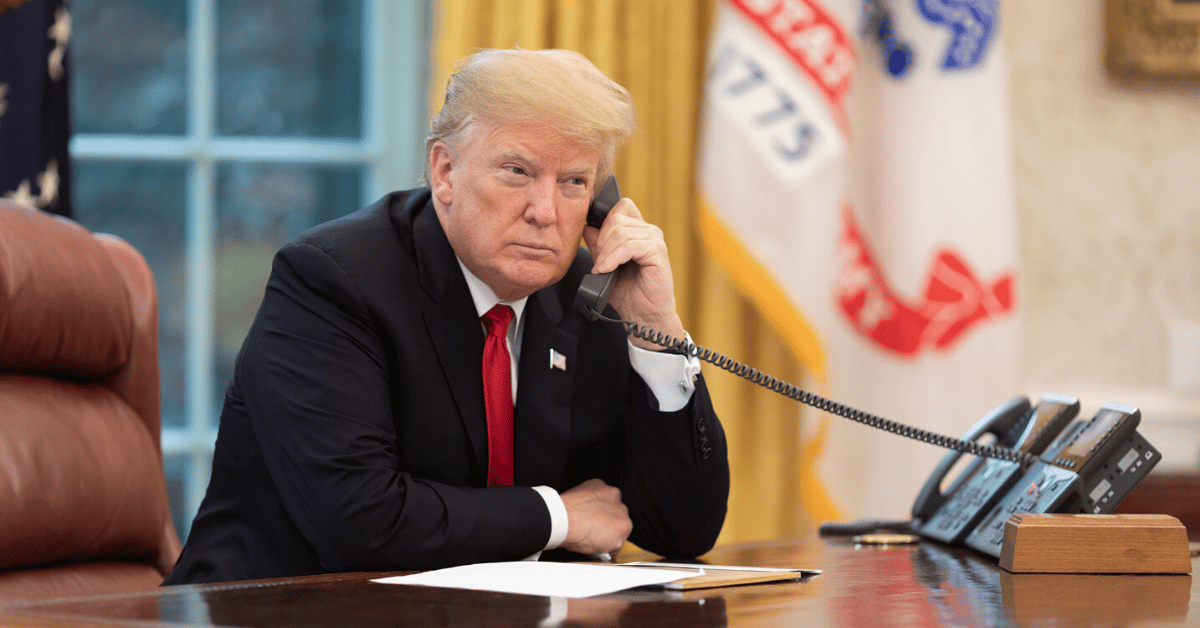




A recent court ruling has upended Mississippi's law permitting mail-in ballots to be received after Election Day, escalating a broader dispute over mail voting timeframes across the United States.
The Hill reported that the 5th U.S. Circuit Court of Appeals deemed Mississippi’s statute allowing late-arriving mail ballots as noncompliant with federal election law, potentially setting a precedent that may lead similar cases to be reviewed by the Supreme Court.
The legal challenge originated from the Republican National Committee (RNC), which disputed the validity of Mississippi's mail voting deadlines.
The federal appeals court's decision now sends the case back to a lower court to determine if the law should be immediately blocked. Despite the ruling, it's uncertain if this decision will affect the forthcoming election.
The court's decision has highlighted existing tensions between state and federal laws regarding election procedures. Circuit Judge Andrew Oldham emphasized that federal statutes require voters to complete their voting by Election Day. The Mississippi law was judged inconsistent with this federal requirement.
This ruling may not take immediate effect on upcoming elections, yet it amplifies the possibility of further judicial scrutiny, potentially reaching the highest levels of the judiciary.
Eighteen states currently have rules allowing mail ballots to be received after Election Day, provided they are postmarked by that date.
If Mississippi's law is officially halted, this could drive a reevaluation of similar laws elsewhere. Such changes could reshape how elections are conducted in many states.
Meanwhile, similar legal challenges are emerging in various regions. For example, in Nevada, the RNC's attempt to appeal mail voting laws was dismissed on the grounds of lacking legal standing. These cases underscore the ongoing debates over mail voting procedures in different states.
The 5th U.S. Circuit Court's panel included Judges Andrew Oldham, Kyle Duncan, and James Ho, all of whom were appointed by former President Trump. They underscored that Congressional legislation designates only one day for federal elections, thereby invalidating Mississippi's extended mail ballot receipt period.
The controversy over Mississippi's law comes amid broader issues about the U.S. Postal Service's capacity to handle election mail efficiently. Election officials have voiced concerns regarding potential disruptions in mail ballot deliveries, prompting actions to ensure smoother operations.
Representatives of election officials recently approached Postmaster General Louis DeJoy, outlining the challenges they faced with mail delays in the past.
Despite these worries, DeJoy expressed confidence in the Postal Service's ability to manage election-related mail successfully.
Louis DeJoy stressed that election mail typically surpasses other categories in terms of delivery performance, with high on-time rates recorded in previous election years, including 2020 and 2022.
Across the United States, mail voting has demonstrated a significant presence, with 43% of voters opting for mail ballots in 2020 and 31% in the subsequent midterm elections of 2022.
This substantial level of mail voting highlights the importance of clear mail ballot regulations in determining electoral outcomes.
Thirty-two states currently require mail ballots to be received by Election Day itself, while at least ten states have stricter deadlines postmarked within a shorter period. The court's decision regarding Mississippi may influence these practices nationally.
RNC Chairman Michael Whatley hailed the court's decision as a triumph for fair elections, emphasizing the sanctity of a transparent electoral process.
He indicated that the RNC would continue advocating for election integrity and safeguarding every lawful vote from undue interference.



